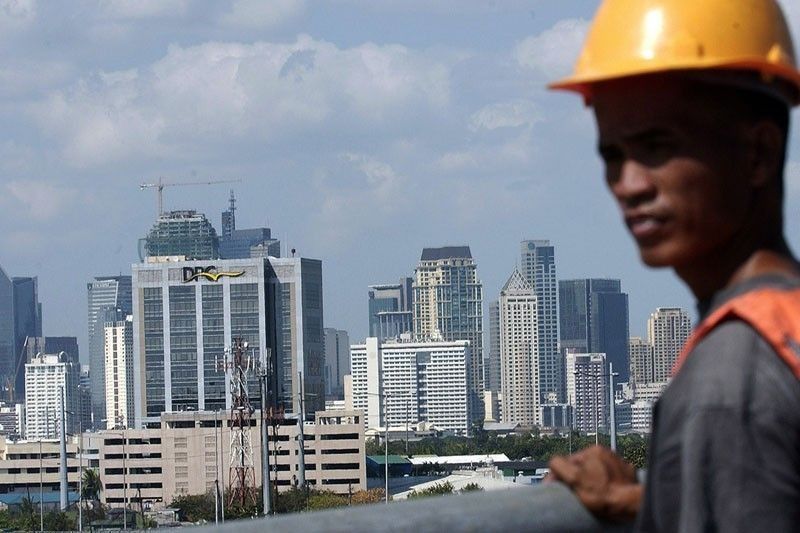By Bianca Cuaresma, July 22 2019; Business Mirror
https://businessmirror.com.ph/2019/07/22/inflation-seen-to-dip-earlier-than-expected/
Image Credit to Philippine Star
PRIVATE economists in the country agree that inflation will go further down than earlier expected, likely on base effects and the stabilization of food prices toward the end of the year.
In its June 2019 survey of 27 private bank economists across the country, the Bangko Sentral ng Pilipinas (BSP) reported that the analysts forecast inflation to hit an average of 2.9 percent for the year. This is lower than their earlier average forecast of 3.3 percent for 2019.
The BSP said respondent economists expect inflation to remain manageable and within the government’s target range, with risks to the inflation outlook likely to be broadly balanced.
The analysts, based on the BSP’s probability distribution survey, were also 94.6 percent certain that inflation will be within the government’s 2 to 4 percent target range for the year.
The respondents’ reasons for seeing a deceleration of inflation toward the end of 2019 are: base effects; the continued implementation of nonmonetary policy actions to increase domestic food supply and stabilize prices, such as the rice tariffication law, rice importations and the mitigating measures put in place by the Department of Agriculture against El Niño; and easing global crude oil prices.
However, the economists also raised concern over the adverse effect of weather conditions brought about by the weak El Niño condition, volatile global crude oil prices, higher domestic demand as potential upside risks to inflation.
They also cited the weaker peso against the US dollar; higher government spending on infrastructure; and the potential impact of African swine fever on local pork prices as developments that could swing the growth of consumer prices upward.
Also, by the end of the first half of the year, economists’ average inflation forecasts for 2020 and 2021 also declined. For next year, analysts see inflation hitting 3.2 percent from their end-March forecast of 3.4 percent. Similarly for 2021, the average inflation is expected to hit 3.1 percent from the earlier 3.4-percent projection.
In its latest monetary policy briefing, the BSP said it had scaled down inflation forecasts to 2.7 percent on average for 2019, from the 2.9-percent projection made in May. For 2020, the projection was also scaled down to 3 percent from the 3.1 percent in the previous meeting.
This view prompted the Monetary Board to keep its monetary policy settings unchanged to allow for a “prudent pause” in the monetary policy path. The latest inflation numbers show an average of 3.4 percent for the first half of the year after the growth of consumer prices grew 2.7 percent in June.

